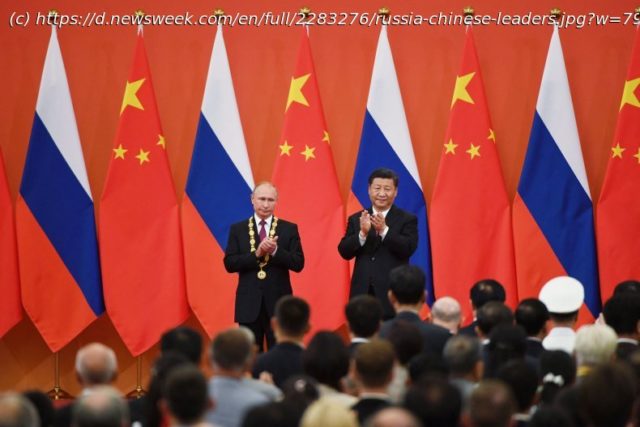An analysis of U.N. voting patterns over 30 years showed that Russia and China had prevailed 86 percent of the time when they had disagreed with the U.S.
The United States is consistently losing out to Russia and China in getting other countries to align with its views, according to a recent analysis of three decades of voting patterns in the United Nations General Assembly.
The analysis comes at a time when the U.S. appears increasingly at odds with both the world’s other major nuclear-armed countries as Russia wages war in Ukraine and as the growth in China’s might sees it rivaling the United States as the preeminent military power in East Asia and potentially beyond. Both countries, also veto-holding members of the U.N. Security Council, have consistently challenged the U.S. dominance that emerged after the Cold War.
Russia and China have gained the affinity of swathes of the international community, particularly in the Global South, said one of the researchers, Dmitriy Nurullayev, assistant professor of government at the College of Applied Science & Tech at the University of Arizona.
The analysis of the data on U.N. General Assembly voting patterns by Nurullayev and Mihaela Papa of Tufts University looked at over 1,500 cases between 1991 and 2020 where Russia and China had disagreed with the United States. Their view prevailed 86 percent of the time. Alignment with the United States was greater—at 36 percent—when the analysis considered only the 211 resolutions that the U.S. State Department had designated as being important to national interests, Nurullayev pointed out in a follow-up article.
In 1997, China and Russia adopted the Joint Declaration on a Multipolar World and the Establishment of a new International Order, which stated their commitment to seeking a new world order based on the respect of sovereignty and every country’s right to independently choose its own path of development.






